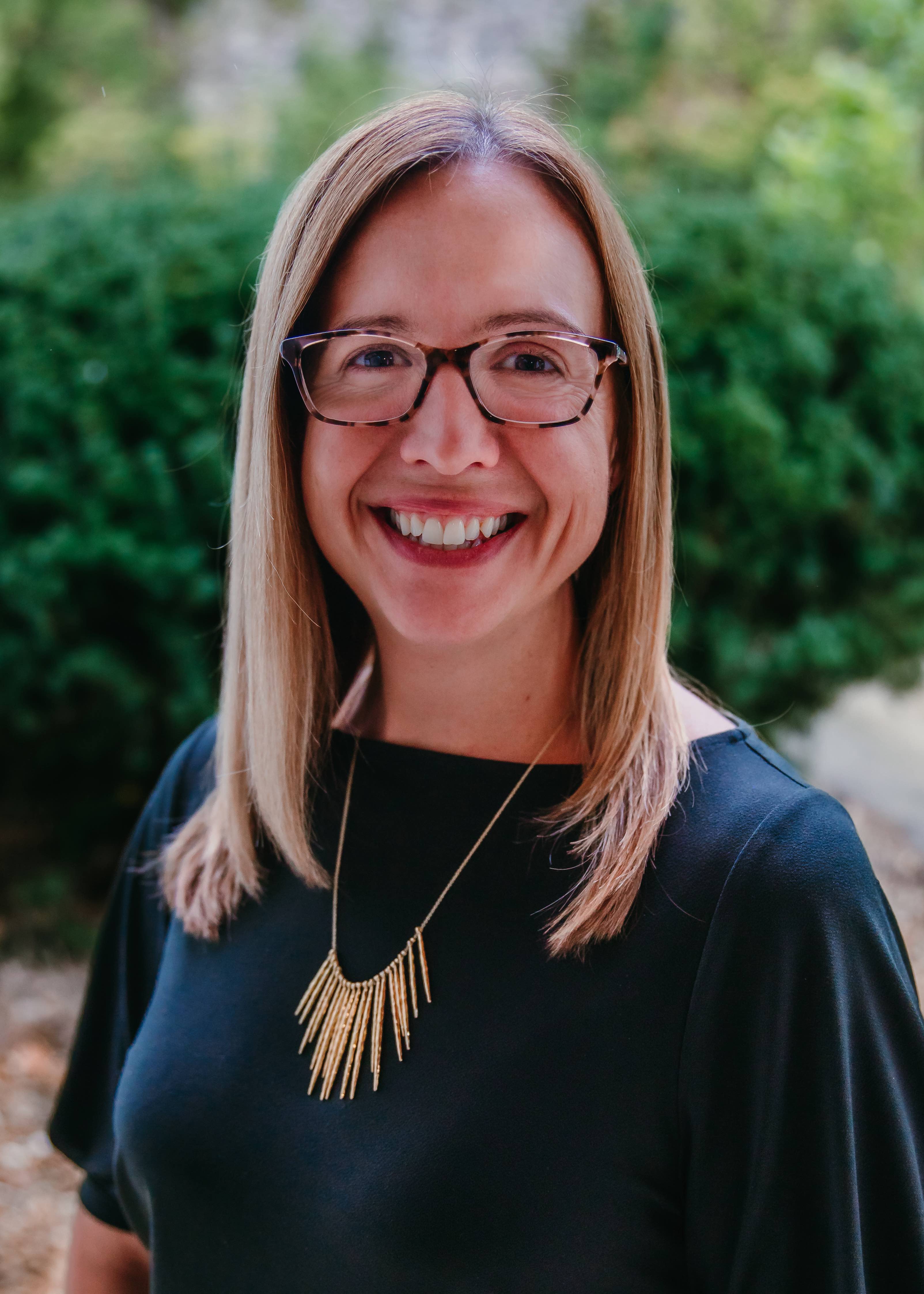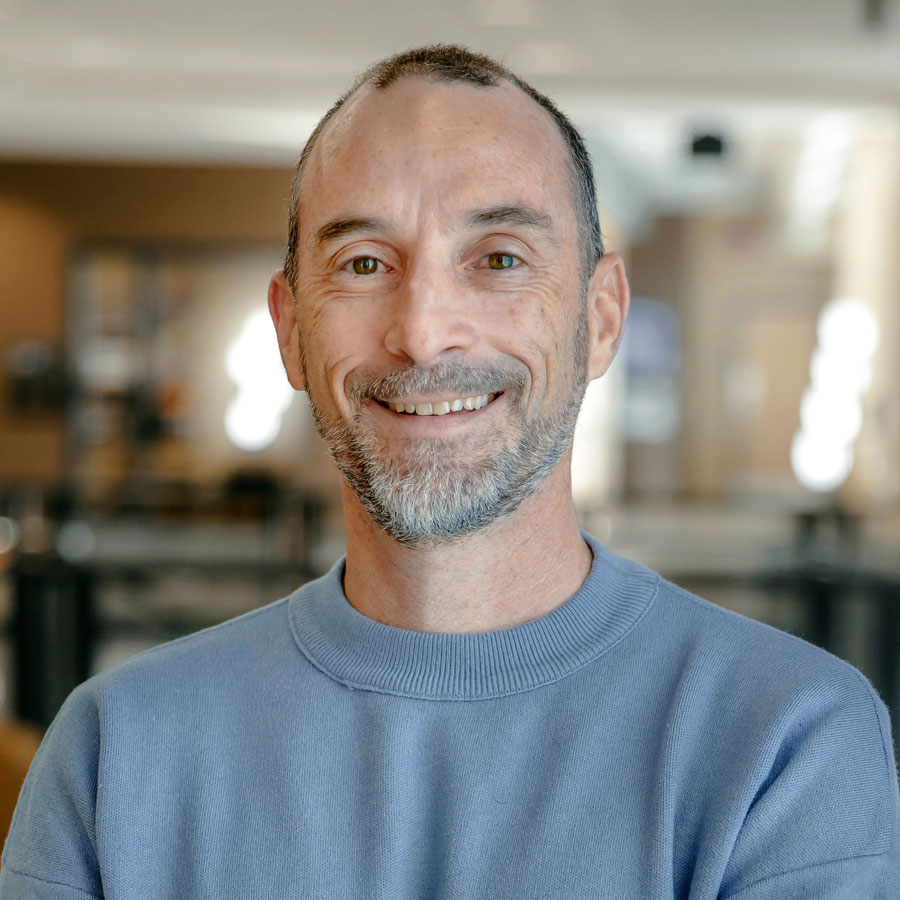Get started with Mizzou
Apply hereMaster of Arts
Today’s teens transform into tomorrow’s adults. Yet, between their teenage and adult years are many challenges. In school, they face academic pressures — both in the classroom and in thinking about one’s future. Peer relationships grow more complex. Often, they become the foundation of one’s support system. Family and community dynamics change significantly as teens forge their own identities.
Research shows many ways to empower teens as they prepare for adulthood. Effective advocacy, supportive adult relationships and evidence-informed policies all benefit teens. Programs to cultivate leadership and other life skills go a long way toward building teens' confidence.
Mizzou's Department of Human Development and Family Sciences is proud to offer the Master of Arts in Human Development and Family Science with an emphasis in Youth Development. Through this flexible course of study, you'll better understand adolescents and young adults. Our curriculum explores the principles and applications of positive youth development. You'll develop programming and policy to support youth to thrive.
This program also allows you to benefit from the Innovative Digital Education Alliance (IDEA). IDEA is a coalition of regional schools formed to better our communities through collaboration. As a Mizzou student, you'll have the opportunity to enroll in classes taught by our IDEA partners.
If you're not ready for a full master's program, Mizzou offers graduate certificates that may interest you instead. These programs introduce you to key applications for direct work with youth. Choose from youth development specialist or youth development program management and evaluation.
About the online master’s in youth development program
Positive youth development aims to do three things: help teens form their identities, develop future-focused mindsets and enrich their communities. To achieve those goals, youth need support from adults. Support can be in managing youth-related programs like 4-H or Boys and Girls Clubs. Or it can come in the form of policies to influence positive youth development.
At the core of these measures, teens begin to realize who they are. They see their positive attributes and unique roles within their families, schools and communities. These personal connections give way to more nurturing peer dynamics. They bolster academic performance and increase college attendance. Positive peer dynamics also reduce rates of substance abuse, teen pregnancy and violent behaviors.
If you strive to establish more impactful youth programs or design policies that encourage adolescents to fulfill their potential and better engage those you serve, Mizzou’s online master’s in youth development program suits mid-career professionals along both tracks. You’ll delve into the importance of research and explore theories that help foster teens’ emotional, social and behavioral development. At the same time, you’ll examine outside factors — including school, peers, family and environment — that could potentially hinder their progress.
With this knowledge, prepare to:
- Help youth grow into leaders.
- Aid youth in understanding their strengths.
- Build supportive connections for teens with both peers and adults.
- Design, develop, manage, evaluate and fund youth programs, including in and after school.
- Advocate for racially and economically diverse youth populations through policy.
- Develop new programs.
- Work directly with clients and their families.
- Promote inclusive environments where all youth, regardless of background, feel like they belong.
- Propose or analyze federal and state policies influencing youth development and programs.
Quick facts
Official name
Master of Arts in Human Development and Family Science with an emphasis in Youth DevelopmentCampus
Program type
Master's degreeAcademic home
College of Education & Human Development | Department of Human Development and Family ScienceDelivery mode
100% onlineAccreditation
Higher Learning CommissionCredit hours
36Estimated cost
$22,392.00*This cost is for illustrative purposes only. Your hours and costs will differ, depending on your transfer hours, your course choices and your academic progress. See more about tuition and financial aid.

Career prospects
You remember the struggles and triumphs of your teen years. So, get ready to extend a hand, listen and light the way for others as a youth development program specialist or manager — a career path predicted to see 9% higher demand through 2032.
Mizzou’s online master’s in youth development program equips you to assist this population socially, academically and personally in several contexts:
- 4-H
- Faith-based youth groups
- Foster care programs and transition services
- Juvenile justice programs
- Local and national after-school programs (e.g., Boys and Girls Clubs)
- Non-profit organizations
- Youth advisory councils
Program structure
The online master’s in youth development program requires 36 credit hours of course work. Both required courses and electives cover theories and applications related to the following areas: foundational skills in positive youth development, relational dynamics and positive youth development, contexts of youth practice and policy, and youth program management, evaluation and administration. Students also complete a research-based capstone project centering around a youth development topic of their choosing. Students are encouraged to create a tangible capstone project that aligns with their needs in their current work setting or that supports their future professional goals.
To get where they need to be, students meet with an academic advisor from their home campus to discuss career goals and the courses that best support their professional development. Should any technical issues arise, they also have access to a campus coordinator.
While students apply to and receive their diploma from their home campus, they have the option to take courses through other participating IDEA universities. In addition to the University of Missouri, Iowa State University, Michigan State University, North Dakota State University, Texas Tech University and the University of Nebraska–Lincoln manage courses for the online master’s in youth development program.
The online master’s in youth development program is 100% online and based on a semester schedule. Students typically take two classes each semester and finish in two to three years. Please keep in mind that start and finish dates vary based on the university overseeing the course.
Course work includes
Required courses explore:
- Principles and practices of positive youth development
- Normative pathways of adolescent and emerging adult development
- The influence of families and communities on youth development
- The influence of localized and public policy on youth outcomes
- Key aspects of managing youth programs and working with various stakeholders (e.g., volunteers, boards, etc.)
- Utilizing evidence to design, implement and evaluate the efficacy of youth programs
Review all requirements for the online master’s in youth development.
Delivery
100% onlineCalendar system
Semester-basedTypical program length
2 or 3 yearsTypical course load
2 classes per semesterAccreditation
The University of Missouri is accredited by the Higher Learning Commission, one of six regional institutional accreditors in the United States.
Innovative Digital Education Alliance (IDEA)
IDEA is a consortium of 20 renowned public universities from across the United States, offering online degree and certificate programs in human sciences and agriculture. Students apply to and are admitted by one university, enroll in all of their courses through that university and graduate from that university. However, the online courses are taught by faculty in the discipline from several universities.
Faculty spotlight

Melissa Herzog is the academic advisor for all students admitted to the University of Missouri's youth development graduate program. Dr. Herzog teaches the foundations of positive youth development and adolescents and their families courses. As an academic advisor, she has an open-door policy to support individual program planning and mentors all master's student capstone projects in the program. She is currently co-principal investigator of a federally-funded, statewide relationship education program for single adults across Missouri where she oversees evaluation and quality improvement. She has previously worked on social competence intervention development, teacher training and program evaluation for middle school youth on the autism spectrum.
For questions about the youth development graduate program and how it fits your personal and professional goals, reach out to Dr. Melissa Herzog.

As an applied developmental scientist, Steven Krauss’ expertise explores the dynamic interplay of youth and adult relationships in shaping and empowering psychosocial development. Dr. Krauss’ research program utilizes qualitative and mixed methods to delve into how developmental relationships contribute to the health and well-being of adolescents and emerging adults. A distinctive feature of his work is the application of a youth-adult partnership lens, through which he explores the myriad benefits, processes and barriers associated with collaborative efforts between youth and adults in various programs and projects. His current work focuses on relational capacity building among adult volunteers and youth members in 4-H programs in Missouri and the North Central region. Dr. Krauss teaches two courses: youth-adult relationships and program design and evaluation.
